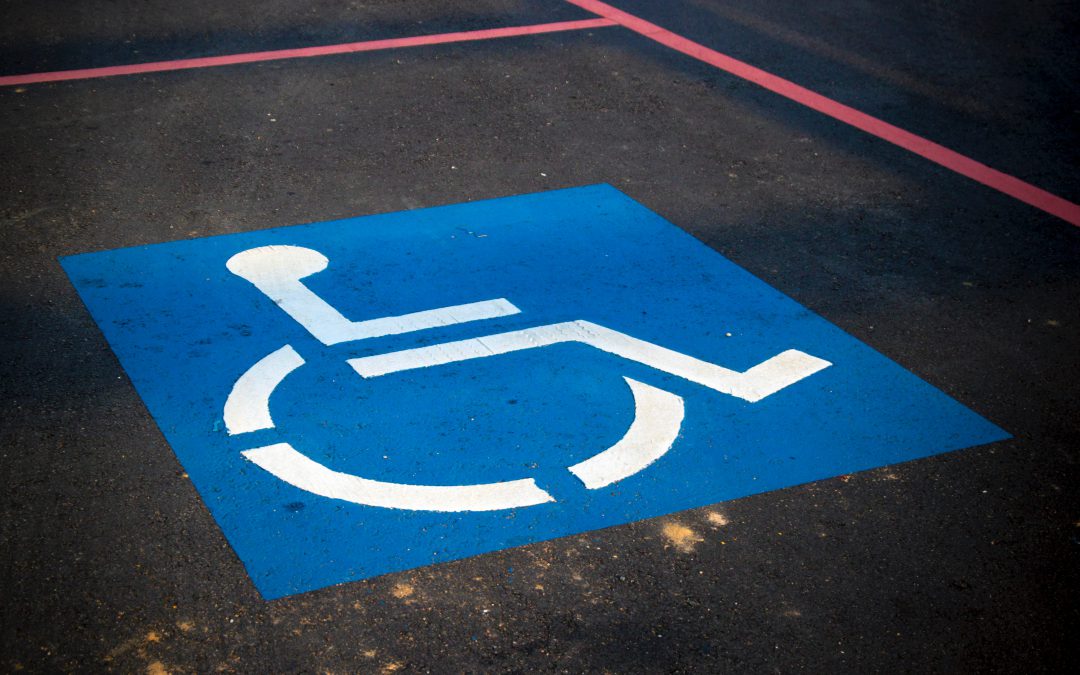
4 types of people I met during my time in a wheelchair
A while back I was having quite a bit of knee trouble and it was hard to get around. I fly a lot for my work and so I needed to rely on airport assistance for a couple of trips.
Basically, you get put into a wheelchair, or on to a buggy and are zipped through passport control and security at top speed with minimum inconvenience. Unless you feel being delivered like a package to your plane counts as an inconvenience.
Like most of us, I value my independence and was not too keen on having to ask for help. Added to that was the worry that this temporary situation might turn out to be longer lasting than I wanted. All in all, it was a vulnerable time.
Meeting the people whose job is as to provide me with assistance was an eye opener. I came to sort them into one of four groups.
-
The young people who don’t relate to what is going on with you.
These are generally young people on the first rung of the ladder who just wants to get the job done. They absolutely do not want to spend their time imagining what it must be like to spend any time at all in a wheel chair. It has nothing to do with them and the prospect seems too remote from their own experience.
With this group you just feel vaguely irrelevant.
-
The more experienced worker who has been assigned to airport assistance temporarily and is enjoying the novelty.
At one point, I spent the half an hour waiting for my gate to come up and my ‘carer’ had to wait with me. She spent the time telling me about the problems she was having with another member of staff making unwanted advances to her. There was an underlying subtle message that I was expected to give back something for the privilege of being driven around the airport. My assistance provider had a captive audience and wanted to make the most of it. I played my part and did my best to listen and give whatever advice I could.
At least I felt like a human being, even if one that was supposed to work for their care.
-
The expert carer with pride in their work.
Make no mistake, once you sit in the wheelchair you are a captive audience for whatever comes to you. One of my most unnerving encounters was with an airport assistance person who actually took immense pride in his work and tried his very best to give top quality support.
He explained that he preferred to do without the lifts and pulleys that can be used to get people on and off planes and resort to the strength of his own arms. This sounds good but it meant that as we transferred to the airport bus to take us from the ‘plane to the terminal, he tipped my wheelchair almost on its back to get me on to the bus—without using the lift.
At one point I felt quite worried. I could imagine him lifting me bodily into the car that my friend had waiting for me at the airport. In spite of his enthusiasm, or perhaps because of it, I felt like a project rather than a person.
-
The over-concerned
I have met people so solicitous of my feelings that I have felt concerned to reassure them that I am all right and do not expect to have to do this procedure more than a few times.
In some ways, this was the most difficult group to handle. They were so sorry for me and so anxious to get things right. I felt burdened by their concern.
What did I learn from my wheelchair experience?
Overall, the whole experience touched me very much in seeing how natural it is for us to wish to help others. Everyone who helped me as part of this service was kind and polite and many have done more than was asked of them. Happily, I did just need the help for a limited period of time, but it has changed the way I look at other people in similar situations. I hope I can see a bit more deeply.
The main thing that I learnt was that wanting to be a help is not enough. To really help, with no fuss, you need to have the extraordinary skill of being able to put yourself in another person’s shoes—or in this case, wheelchair. It is possible to tell instinctively if someone has cared for a friend or relative with mobility problems because they know how to do this. People with this experience know you have to drop you own ideas of how you think the job needs to be done. Instead you try to imagine what you would need if you were in that position. It’s not easy but those who can do it stand out a mile from the rest.
Mindfulness training
It’s a pity that the people who do this work do not receive some basic training on mindfulness and empathy skills. They give so much already it would be great for them to have support to know how to do it even more effectively.
Photo by AbsolutVision on Unsplash
